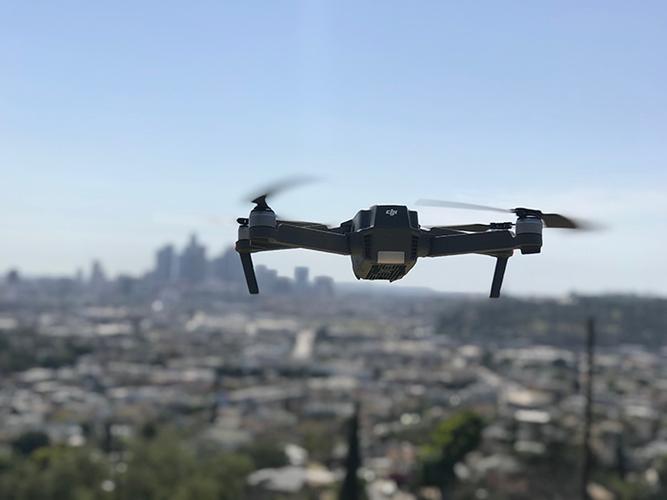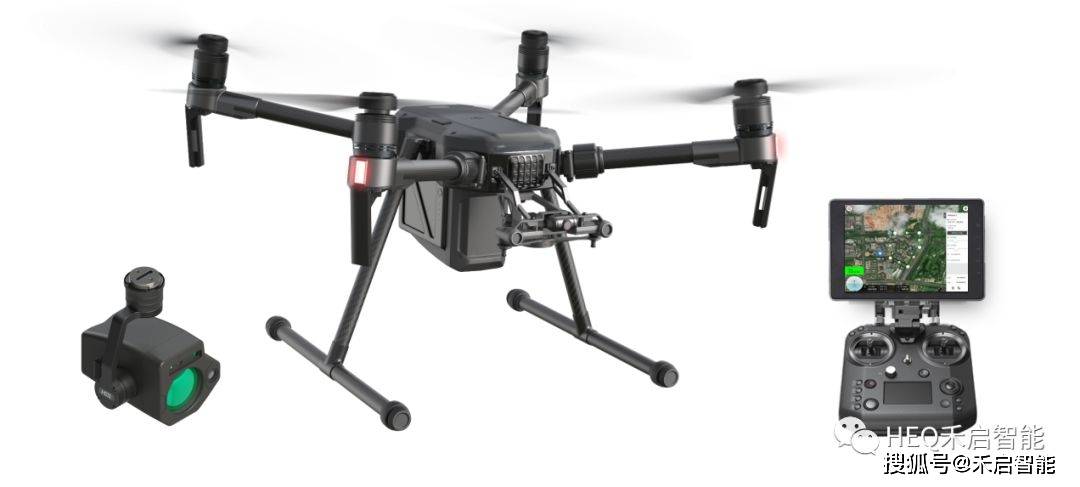The use of Russian drones has seen significant developments over recent years, impacting nations like Romania and Latvia in multiple spheres. Both countries have been thrust into strategic contemplations regarding defense mechanisms and economic repercussions. Russian drones have become a focal point of geopolitical discourse, raising concerns over security and surveillance across Eastern Europe.

Russia’s Drone Advancements
As technology advances, Russia has invested heavily in drone capabilities. These unmanned aerial vehicles (UAVs) are utilized for reconnaissance and, possibly, combat. The capabilities of Russian drones have become more sophisticated, boasting longer ranges and advanced surveillance equipment. This evolution has necessitated a fresh review of defense strategies by neighboring countries, especially considering the implications for shared borders with nations like Romania and Latvia.
Romania’s Strategy in Response to Russian Drones
Romania, whose proximity to Russia has always been a strategic concern, has responded with enhanced radar systems and aerial defenses. The country has increased collaboration with NATO allies to bolster its defense perimeter against incursions by Russian UAVs. This partnership has aimed at improving missile defense systems and strengthening cybersecurity measures to guard against potential espionage and data breaches executed via drones.
Latvia’s Counteraction to Russian Drone Activities
Latvia, situated in the Baltics, faces similar security challenges. The nation has ramped up its military investments, focusing particularly on counter-drone technology. Latvia’s strategy involves a multi-tiered defense protocol that combines ground-based radar, electronic warfare tactics, and the fortification of air sovereignty through NATO collaborations. By increasing intelligence-sharing with allies, Latvia ensures rapid response capabilities to any UAV activity detected along its borders.
Economic Implications of Russian Drone Usage
The economic ramifications of Russian drones extend beyond defense budgets in these nations. Romania and Latvia have been compelled to divert funds to technology upgrades and training programs. This reallocation impacts other sectors such as education, healthcare, and infrastructure development. Yet, governments argue that this strategic investment is vital for long-term national security and maintaining sovereignty.
Civilian Concerns and Perceptions
Civilian populations in Romania and Latvia express mixed feelings about the increasing military focus. While there is a sense of security coming from improved defenses, apprehensions about potential escalation into conflict persist. Public discourse often includes calls for diplomatic engagements and increased transparency regarding military expenditures.
Future Directions and Developments
Looking ahead, the deployment of Russian drones necessitates ongoing adaptations in defense policies and public strategies. Romania and Latvia will likely continue to strengthen technological partnerships, upgrade defense infrastructure, and foster resilience against evolving threats. This involves not only military adjustments but also diplomatic efforts to establish productive relations with Kremlin leadership.
What are the main risks posed by Russian drones?
Russian drones pose risks such as unauthorized surveillance, potential combat operations, and cyber espionage. These threats require robust countermeasures from nations like Romania and Latvia to secure borders and protect sensitive data.
How effective are current defensive strategies against Russian drones?
The effectiveness varies but relies heavily on continuous upgrades and collaborative efforts. NATO involvement significantly enhances defensive capabilities, although these strategies need regular assessment to match evolving drone technologies.

Are diplomatic solutions viable in addressing drone conflicts?
Diplomatic channels remain vital in mitigating tensions. Dialogue and agreements on UAV usage regulations could contribute to reduced hostilities and establish trustful relationships across borders.
